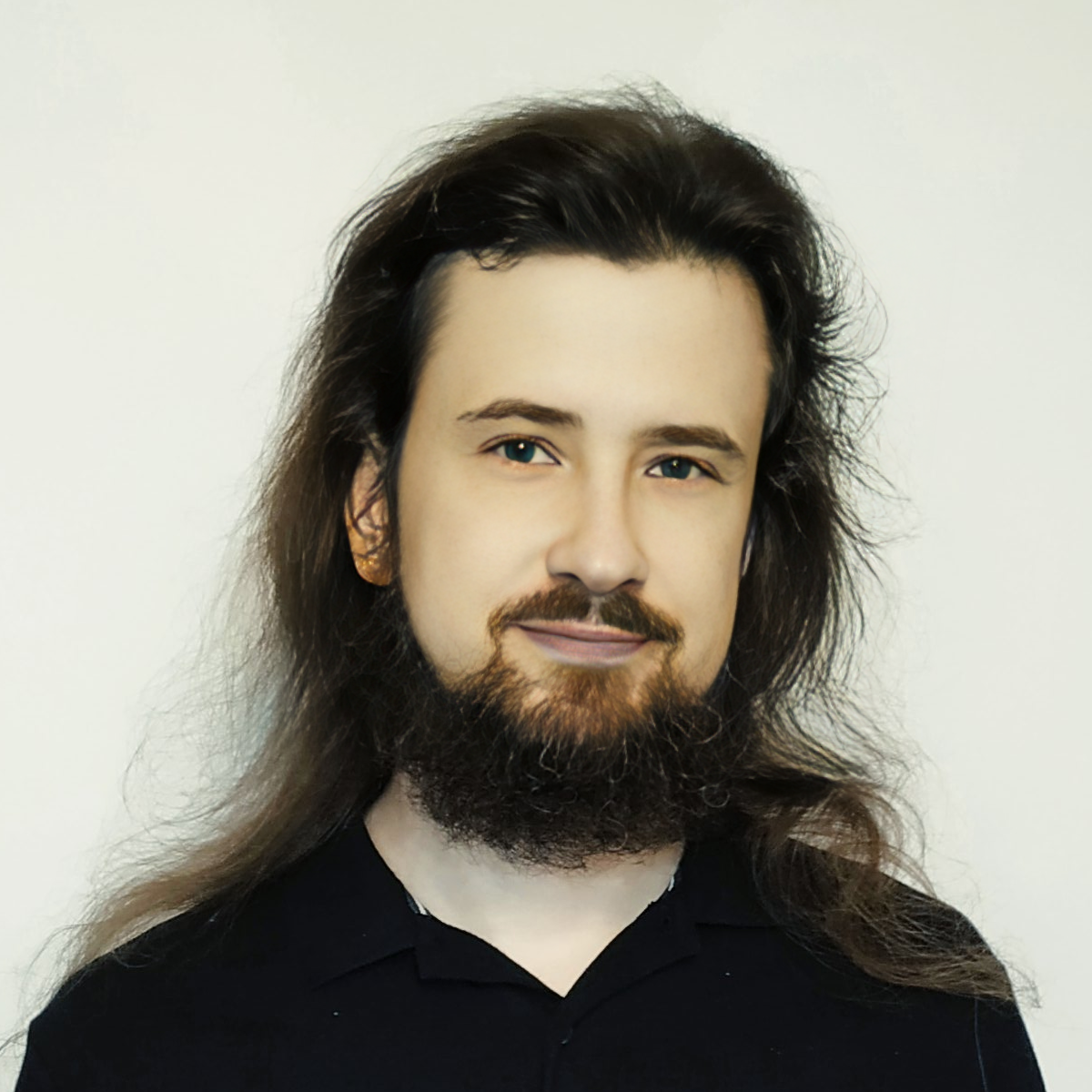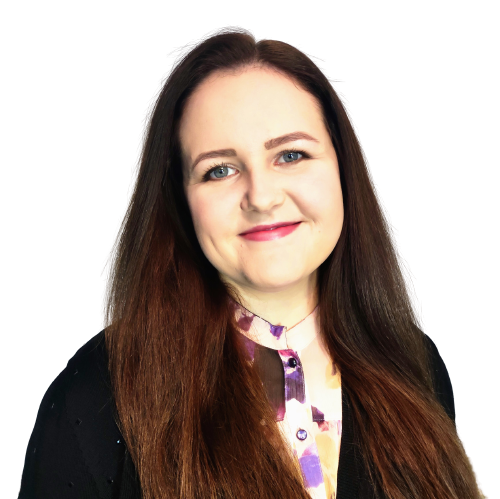About the R For Good Academy
In R For Good Academy, we want to help you learn useful concepts and practical skills in Data Science and programming. These are skills that are valued on the job market, enabling you to advance or even pivot your career, improve your business and personal finances, and help others through non-profit projects for Social Good. That’s why we’ve created the R4Good.Academy project. Through R4Good.Academy, we aim to provide high-quality, carefully thought out, unique content that you won’t find anywhere else.
We’ve spent considerable time pondering the most effective method to acquire Data Science and programming skills. A crucial element in this learning process is engaging with real-world data, which helps answer meaningful questions relevant to the learner’s interests. Those skills are often taught using outdated and unengaging datasets from unfamiliar domains. Consider classic datasets like mtcars and iris or even more recent ones like palmerpenguins (though penguins are admittedly charming).
After some time, we realized the crucial importance of certain data to everyone, including ourselves. Throughout our lives, we are exposed to a constant flow of this information in real-world scenarios. Understanding how to collect, analyse, and derive insights from this data enables us to make more informed decisions, significantly impacting our lives. Have you figured it out yet? We’re talking about Personal Finance data.
So, we’ve decided to concentrate first on addressing personal finance challenges that can be solved using Data Science and programming skills, and that is how the idea of the R For Good Personal Finances was born.
About the R For Good Personal Finances
Initially, we used scripts written in the R programming language to collect and monitor our household data, including bank account transaction histories. This approach allowed us to track trends in our customized spending categories, saving rates, and investment portfolio. After a few years, we considered developing an R package to share these tools with others interested in similar financial tracking.
However, we still felt that we were missing a comprehensive overview and struggle to answer critical questions: How much should we save, spend, or invest? Is financial independence achievable, and when should we consider retirement? Should we optimize our finances for wealth, time, a steady saving rate, smooth consumption, or something else entirely?
The “aha!” moment struck after reading “The Missing Billionaires: A Guide to Better Financial Decisions” (Haghani and White 2023). This book proved to be an intellectually demanding and brilliant compilation, presenting the framework we sought. We appreciated its foundation on a vast body of scientific work and its convincing, well-structured logical arguments. Unlike many popular finance authors and influencers, it avoids anecdotal reasoning.
Though some criticize the book for lacking practicality, it serves as an excellent, well-organized guide for individuals like us, with experience in software engineering and Data Science, who wish to implement the framework into practical tools. Consequently, we embarked on developing the R4GoodPersonalFinances R package. This package aims to encapsulate many of the authors’ ideas, creating a practical tool accessible with basic R programming skills.
We believe implementing this framework will significantly impact many individuals, regardless of their diverse goals. Whether you’re considering late or timely retirement, accelerating your business or startup efforts, or pursuing the FIRE movement for financial independence and early retirement, this framework will be valuable for you.
About Us
Meet the main authors of the R for Good Academy:

Kamil Wais, Ph.D.
My mission is to help people to learn how to work with data to make better decisions in their professional and personal lives.
- Data Scientist, R & Shiny developer, Scientific Software Architect; leader of the team of Research Software Engineers;
- previously worked for one of the largest public opinion and market research institute, and in Academia as adjunct professor in the Department of Qualitative and Quantitative Methods in Economics; and as short-term visiting adjunct professor at Center for Social Research and Center for Research Computing at the University of Notre Dame, IN, USA;
- Master of Sociology; postgraduate degree in Statistical Methods in Business (Computer Workshops with the SAS Software); PhD in History, 1100+ pages long thesis Polish Scouting and Guiding Association (1918-1939). Study of the Development of Youth Organization;
- successfully completed over 100 MOOCs and professional training courses; co-authored a MOOC on Coursera platform: Making Data Science Work for Clinical Reporting;
- published scientific papers in journals with high impact-factors (like R Journal); given talks at European and global R users’ conferences (eRum, useR!, RinPharma); participated in conferences in Tokyo, Toulouse, Barcelona, Budapest, Chicago;
- High Performance award granted by 7N Consulting Company representing the top 3% of IT professionals;
- certifications in IT & cloud technologies, AgilePM Practitioner (Agile Project Management); Certified Data Management Professional (CDMP); AWS Cloud Practitioner; AWS AI Practitioner Early Adopter, and others.

Olesia Wais, Ph.D.
I value facts based on data in everyday life and I encourage people to do the same.
- co-founder of CoeditorAI which is an R package with an RStudio IDE Addin that utilizes the AI/LLM to provide assistance with writing, editing and translating text;
- researcher on the topics of aviation and climate change; previously worked as a research and teaching assistant in the Institute of Aviation Management in academia;
- Ph.D. in economics and finance on the topic of competition among airlines on the Polish air transport market; Master of Tourism and Recreation; Bachelor of Economics in Aviation Management;
- published in international scientific journals with a high Impact Factor in cooperation with Polish and foreign scientists;
- participated in numerous international scientific and industry meetings, took part in scientific research projects;
- hold certifications in English (C2 Certificate of Proficiency in English) and project management (AgilePM Foundation);
- have gathered extended experience in studying and working in international environment;
- interested in topics related to ESG in aviation, scientific communication, and the application of AI in science and business.
